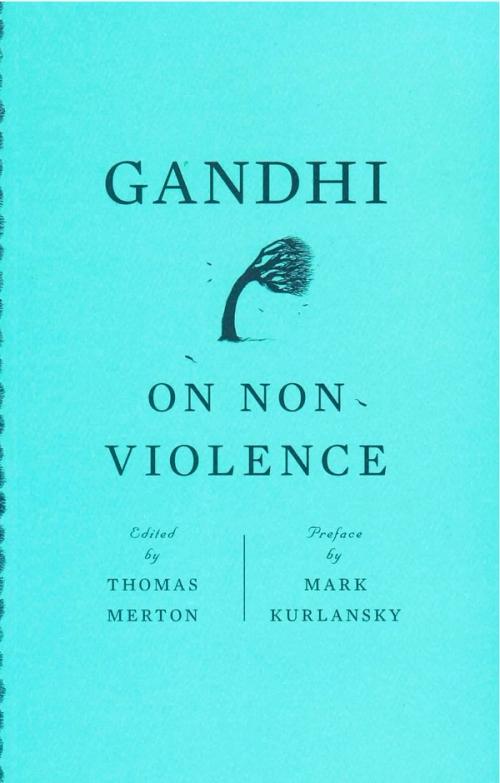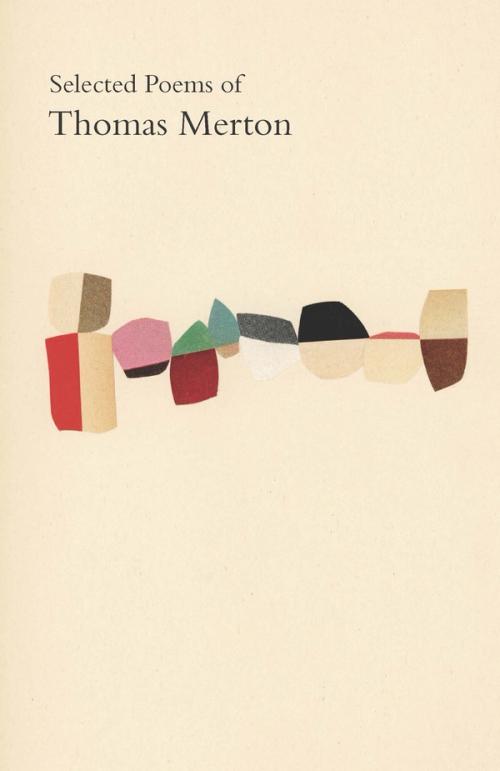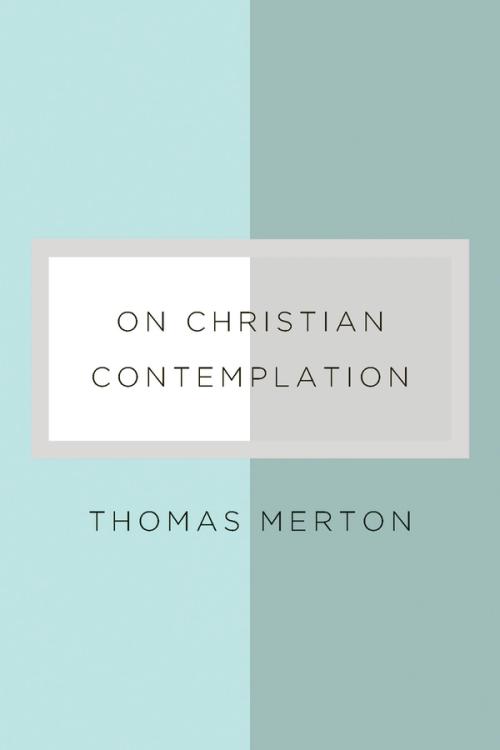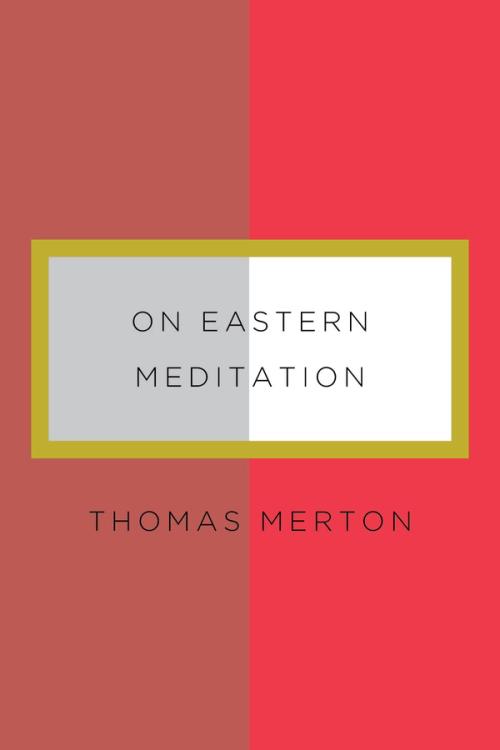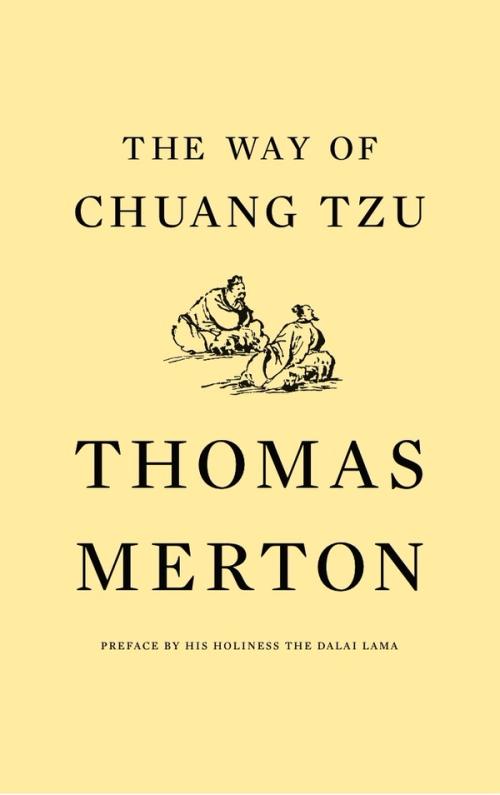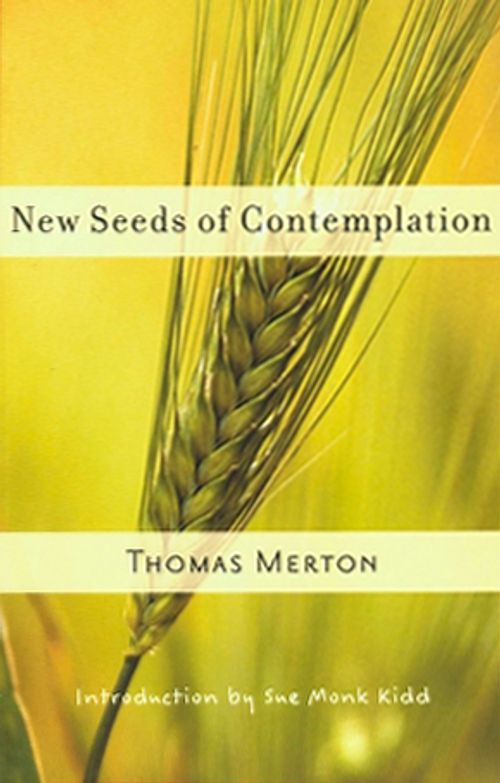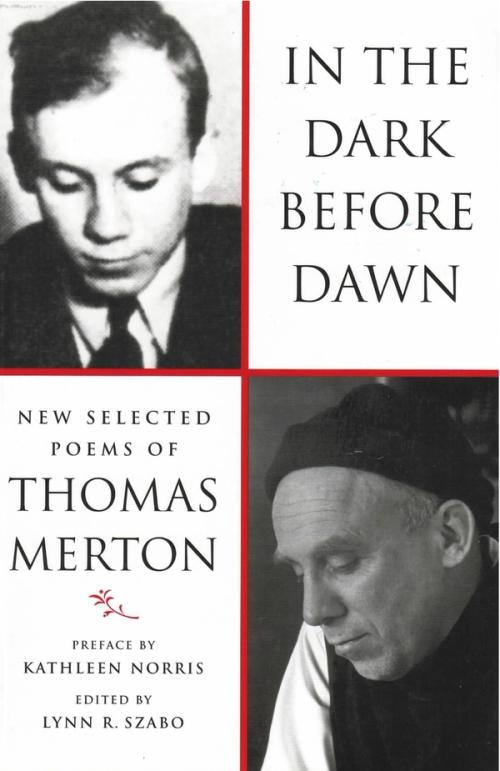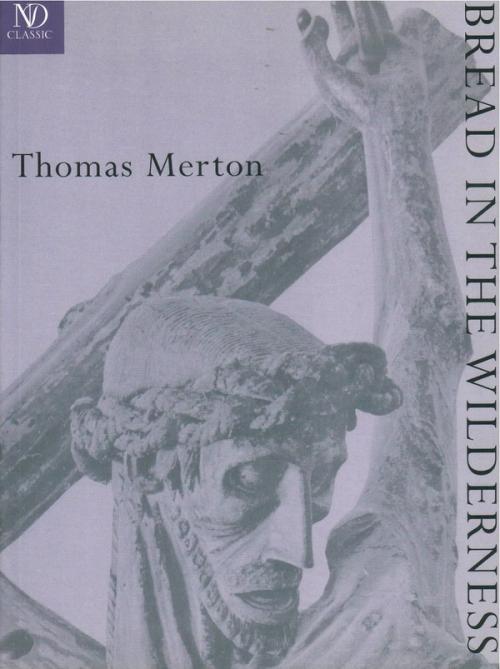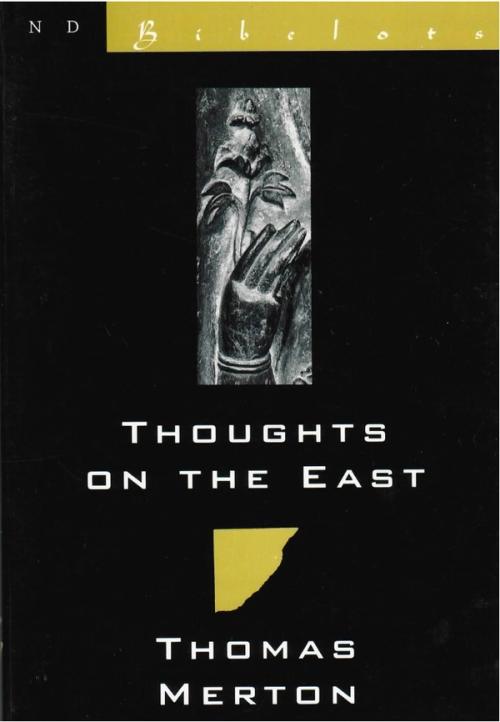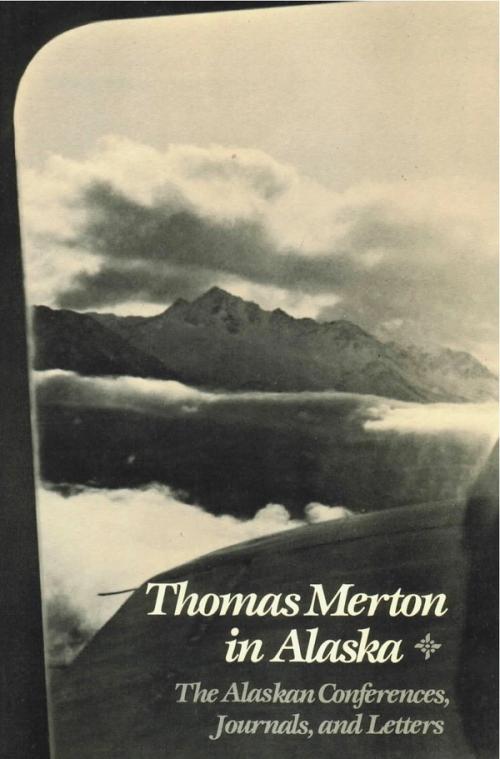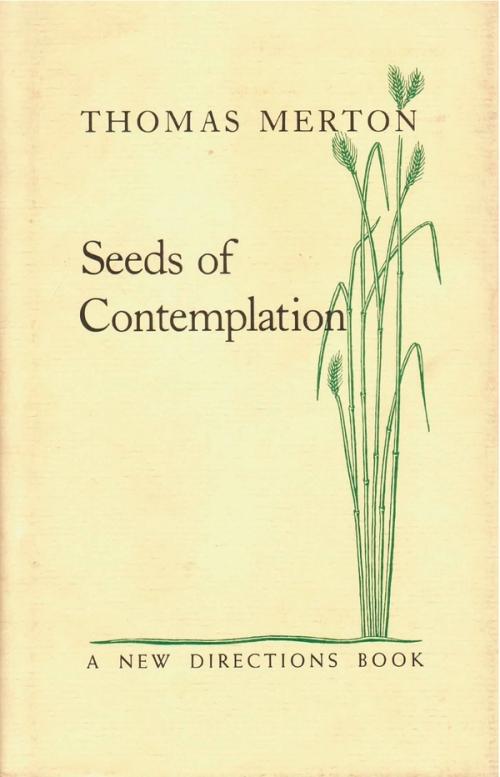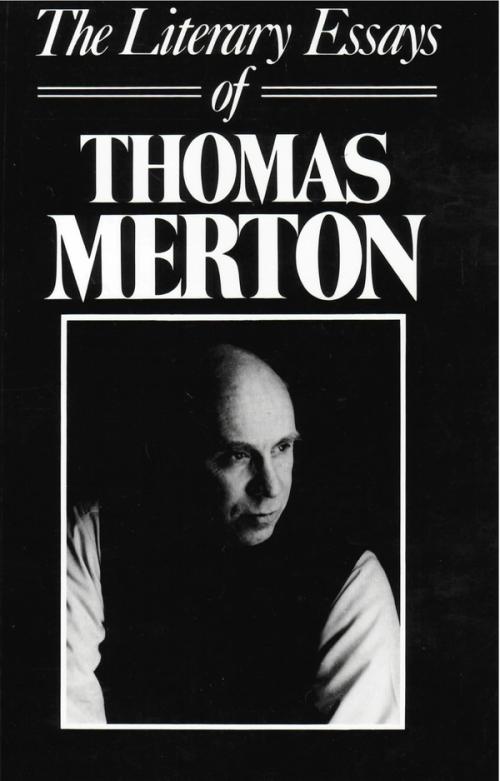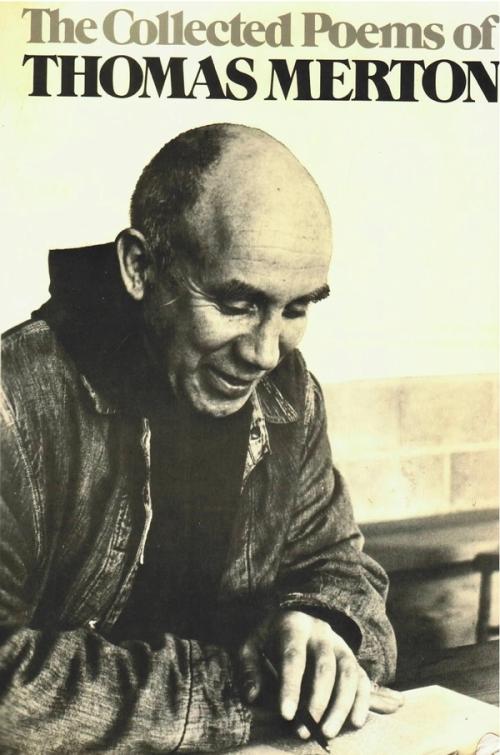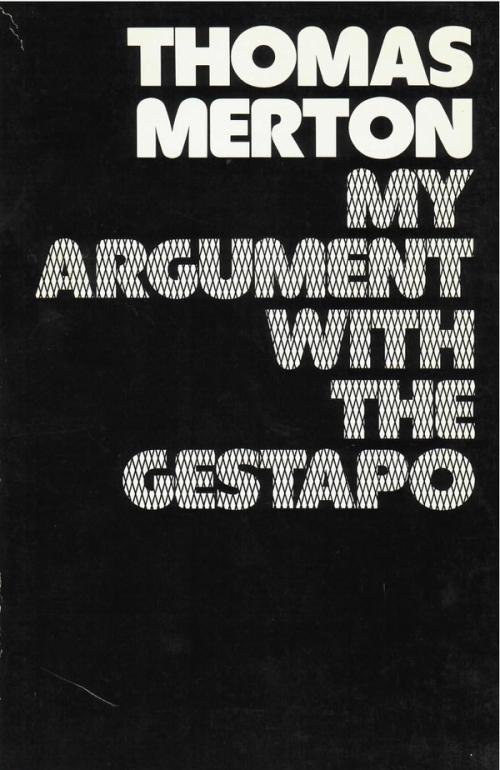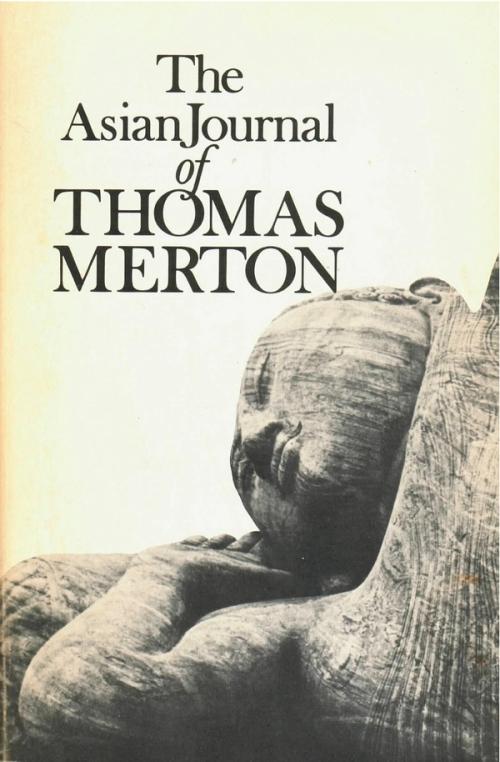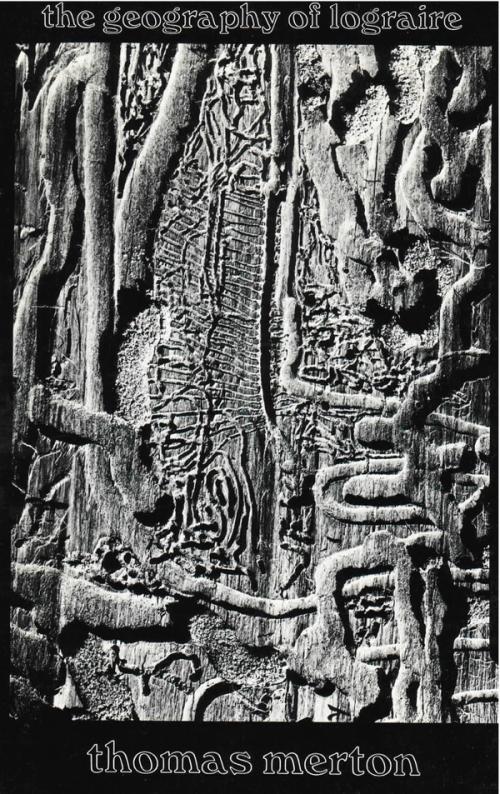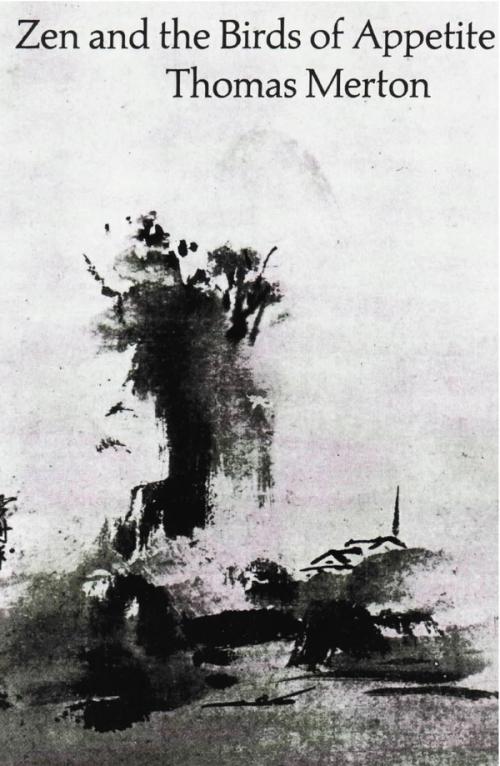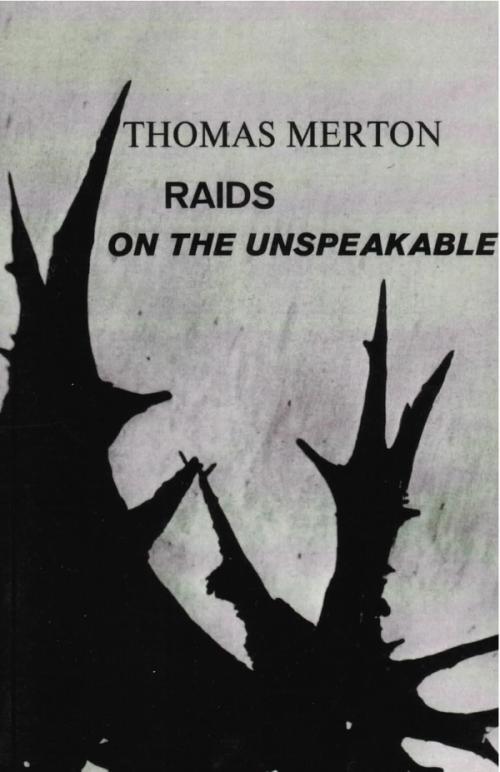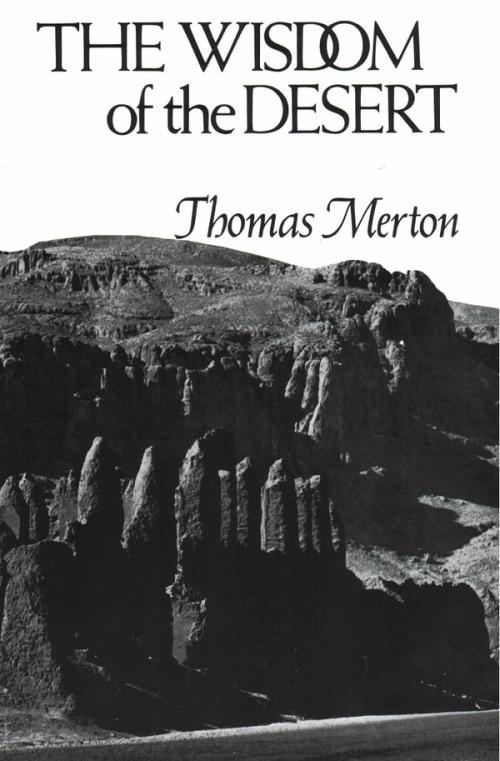Gandhi on Non-Violence
Literature by Thomas Merton
With a contribution by Mark Kurlansky
“One has to speak out and stand up for one’s convictions. Inaction at a time of conflagration is inexcusable.” — Mahatma Gandhi.
The basic principles of Gandhi’s philosophy of non-violence (ahimsa) and non-violent action (satyagraha) were chosen by Thomas Merton for this compendium in 1965. In his challenging introduction, Merton emphasizes action rather than pacifism as essential to non-violence, and illustrates how the foundations of Gandhi’s universal truths are linked to traditional Hindu Dharma, the Greek philosophers, and the teachings of Jesus Christ. For Gandhi non-violence was also very personal, as Merton observes: “the spirit of non-violence sprang from an inner realization of spiritual unity in himself.” Kurlansky’s new Preface offers further insight into Gandhi’s character as well as the relevance of his ongoing political legacy.
Paperback
published: Nov 01, 2007
- ISBN:
- 9780811216869
- Price U.S.:
- 13.95
- Trim Size:
- 5x8
- Page Count:
- 144
Ebook
published: Nov 01, 2007
- ISBN:
- 9780811220125
- Price U.S.:
- 13.95
- Page Count:
- 144
